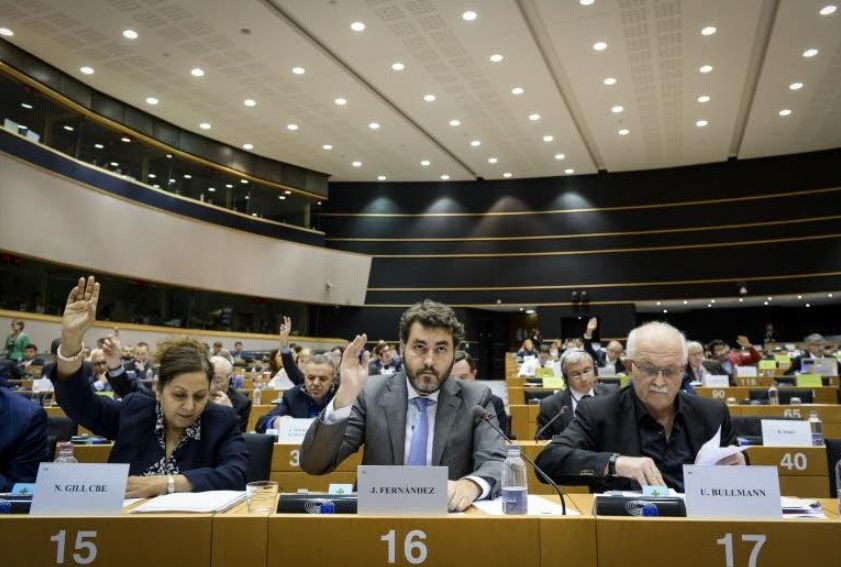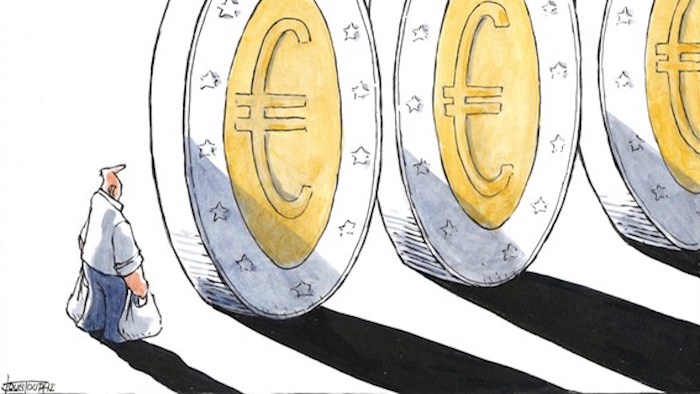Europe is at a crossroads. 9 months from now, the European Central Bank (ECB) is expected to start phasing out quantitative easing. And in 18 months, the next European Parliamentary elections will take place.
Now is also a good time for us to start planning ahead. So what is next for the QE for People campaign?
Here is the big news: QE for People is transforming into a brand new, shiny organisation called Positive Money Europe!
QE for People was created in 2015 as a direct response to the ECB’s QE programme. Initially the campaign was launched by a coalition of 20 civil society organisations. Among them was Positive Money UK, a research and campaign organisation which focuses on the money and banking system. Continue reading ” Introducing Positive Money Europe”











